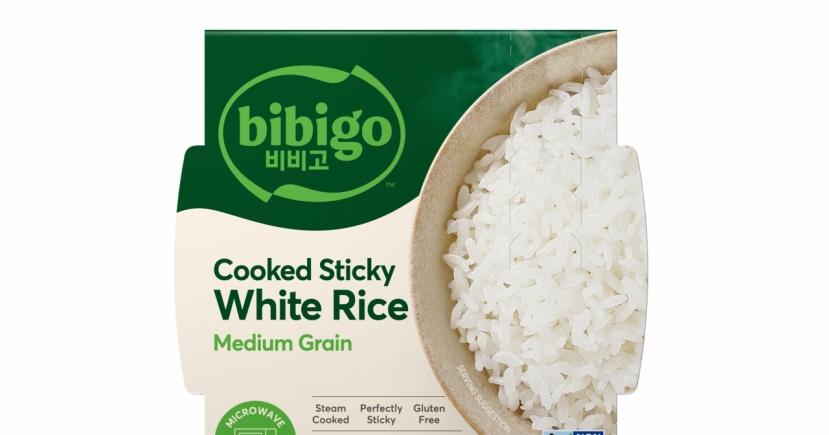Retail & Consumer
Sales of poultry dip, imported pork soar on avian flu outbreak
[THE INVESTOR] The highly pathogenic strain of avian influenza that is rapidly spreading throughout the country has led to a decrease in sales of chicken.
Sales of chicken declined 15.4 percent on-year during the first 15 days of December following the H5N6 avian influenza outbreak, according to South Korea’s largest discount retail chain E-mart.
This is in contrast to the 6.1 percent on-year sales increase recorded between January and November at the stores.
Sales of other poultries, such as duck plunged 17.2 percent, between the same time period, which is a change from the 16 percent sales hike seen between January and November.
A decrease in chicken consumption has led to a rise in demand for imported pork, which is a popular substitute for chicken meat.
Sales of imported pork at E-mart rose 8.7 percent on-year, between January and November, and marked a striking surge by 84.5 percent between the first three weeks of this month.
Another protein substitute, fish, is also in demand as a result of the spreading bird flu.
Spanish mackerel and dried yellow corvina recorded a sales hike of 11.5 percent and 17.2 percent, respectively.
Meanwhile, markdown on chicken was seen to be another repercussion of the avian influenza.
According to the Korea Agro-Fisheries & Food Trade Corp., on Tuesday, a kilogram of chicken meat was sold at 5,217 won, down 5.9 percent from the yearly average of 5,530 won.
The markdown was a result of oversupply, as suppliers put up more than the average amount of chicken for sale over concerns of a slip in demand, E-mart explained.
In contrast, there has been a stark increase in the price of eggs.
A tray of 30 eggs averaged 6,023 won on Tuesday, up 7.4 percent compared to the yearly average of 5,608 won, the state-run aT said.
The agency pointed to the number of slaughtered layer chickens for the price hike.
Until Dec. 10, over 7.35 million chickens were slaughtered, among which 5.32 million were layer chickens that were responsible for commercial egg production, aT said.
Industry experts project the price of eggs to continue to rise around the end of January, as the government intensifies quarantine measures to tackle the avian influenza.
The first outbreak of the avian influenza virus was reported at a chicken farm in Haenam of South Jeolla Province.
A total of 127 farms have been confirmed with AI cases, and some 8.87 poultries from 228 farms have been culled as of Dec. 11.
The Agriculture Ministry raised the bird flu warning to the highest level on Saturday. The ministry added that as all the poultry at the farms with confirmed AI cases are being slaughtered, the meat that is distributed in the markets is safe to eat, particularly as they are eaten fully cooked.
By Kim Bo-gyung/The Korea Herald (lisakim425@heraldcorp.com)
Sales of chicken declined 15.4 percent on-year during the first 15 days of December following the H5N6 avian influenza outbreak, according to South Korea’s largest discount retail chain E-mart.
This is in contrast to the 6.1 percent on-year sales increase recorded between January and November at the stores.
Sales of other poultries, such as duck plunged 17.2 percent, between the same time period, which is a change from the 16 percent sales hike seen between January and November.
A decrease in chicken consumption has led to a rise in demand for imported pork, which is a popular substitute for chicken meat.
Sales of imported pork at E-mart rose 8.7 percent on-year, between January and November, and marked a striking surge by 84.5 percent between the first three weeks of this month.
Another protein substitute, fish, is also in demand as a result of the spreading bird flu.
Spanish mackerel and dried yellow corvina recorded a sales hike of 11.5 percent and 17.2 percent, respectively.
Meanwhile, markdown on chicken was seen to be another repercussion of the avian influenza.
According to the Korea Agro-Fisheries & Food Trade Corp., on Tuesday, a kilogram of chicken meat was sold at 5,217 won, down 5.9 percent from the yearly average of 5,530 won.
The markdown was a result of oversupply, as suppliers put up more than the average amount of chicken for sale over concerns of a slip in demand, E-mart explained.
In contrast, there has been a stark increase in the price of eggs.
A tray of 30 eggs averaged 6,023 won on Tuesday, up 7.4 percent compared to the yearly average of 5,608 won, the state-run aT said.
The agency pointed to the number of slaughtered layer chickens for the price hike.
Until Dec. 10, over 7.35 million chickens were slaughtered, among which 5.32 million were layer chickens that were responsible for commercial egg production, aT said.
Industry experts project the price of eggs to continue to rise around the end of January, as the government intensifies quarantine measures to tackle the avian influenza.
The first outbreak of the avian influenza virus was reported at a chicken farm in Haenam of South Jeolla Province.
A total of 127 farms have been confirmed with AI cases, and some 8.87 poultries from 228 farms have been culled as of Dec. 11.
The Agriculture Ministry raised the bird flu warning to the highest level on Saturday. The ministry added that as all the poultry at the farms with confirmed AI cases are being slaughtered, the meat that is distributed in the markets is safe to eat, particularly as they are eaten fully cooked.
By Kim Bo-gyung/The Korea Herald (lisakim425@heraldcorp.com)


![[Exclusive] Korean military set to ban iPhones over 'security' concerns](http://res.heraldm.com/phpwas/restmb_idxmake.php?idx=151&simg=/content/image/2024/04/23/20240423050599_0.jpg)




![[Herald Interview] Bridging Korea, Philippines for better future](http://res.heraldm.com/phpwas/restmb_idxmake.php?idx=151&simg=/content/image/2024/04/23/20240423050735_0.jpg)
